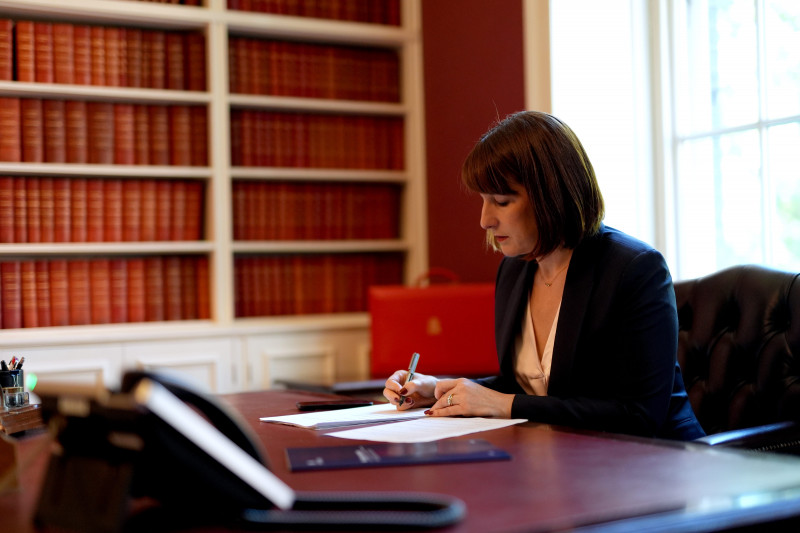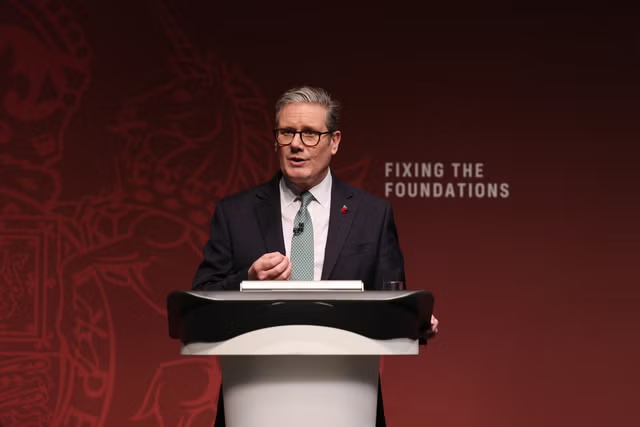Your support helps us to tell the story
Support NowThis election is still a dead heat, according to most polls. In a fight with such wafer-thin margins, we need reporters on the ground talking to the people Trump and Harris are courting. Your support allows us to keep sending journalists to the story.
The Independent is trusted by 27 million Americans from across the entire political spectrum every month. Unlike many other quality news outlets, we choose not to lock you out of our reporting and analysis with paywalls. But quality journalism must still be paid for.
Help us keep bring these critical stories to light. Your support makes all the difference.
Rachel Reeves will raise the minimum wage by 6 per cent at Wednesday’s Budget, handing a pay rise to more than a million workers on low incomes.
The chancellor is due to announce the inflation-busting hike when she delivers her first financial statement, with the increase higher than predicted in September.
The boost will benefit young people the most, as the government will ensure 18 to 20-year-olds are paid the same rate as older workers - closing the current gap.

The minimum wage, or national living wage for over-21s, will rise from £11.44 to between £12.12 and £12.20 from next year, The Times reported.
The Low Pay Commission, which advises the government on the national living wage, said last month it expected the level to rise to £12.10, but stronger earnings growth has fuelled a bigger increase.
The government’s existing target is for the national living wage to be two thirds of the hourly median income, but ministers have suggested they want to exceed this.
Resolution Foundation principle economist Nye Cominetti said “millions of low earners are set for good news in the budget when the chancellor announces the latest rise in the minimum wage”.
He added that businesses should be used to above-inflation increases to the national living wage and that Labour’s plans were actually “less ambitious than the previous government’s record” of increases.
But he warned that, combined with expected increases to employer national insurance contributions, “some businesses will legitimately say that their wage costs have gone up quite a bit as a result of this Budget”.
The separate Real Living Wage was last week set by the Living Wage Foundation, which claims it takes into account “actual living costs”. The rate was set at £12.60 for the next year, rising to £13.85 for London-based workers.
But, unlike the national minimum wage and living wage set by the government, the Real Living Wage is voluntary, with only around half a million people working for over 15,000 employers currently receiving the wage.
Those paying the rate include: IKEA; Aviva; KPMG; Oxfam; LUSH; Nationwide; Burberry; and Liverpool, Everton and Chelsea football clubs.
The national living wage was increased by Jeremy Hunt last November, alongside a promise to “end low pay” in Britain. He handed the rise to £11.44 an hour to nearly three million workers.
A Treasury spokesman said: “We do not comment on speculation around spending decisions or tax changes outside of fiscal events.”
Disclaimer: The copyright of this article belongs to the original author. Reposting this article is solely for the purpose of information dissemination and does not constitute any investment advice. If there is any infringement, please contact us immediately. We will make corrections or deletions as necessary. Thank you.



